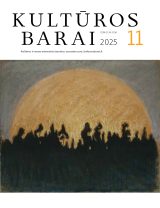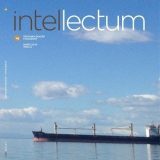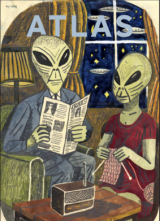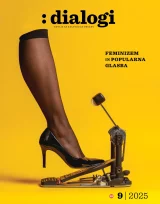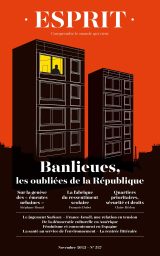The pursuit of happiness
A conversation with economist Mark Anielski
The global debt crisis is encouraging economists and others to explore alternative ways of measuring national wealth and productivity. In conversation with Almantas Samalavicius, the economist Mark Anielski discusses the possibility of an economic system based on wellbeing rather than unlimited growth.
